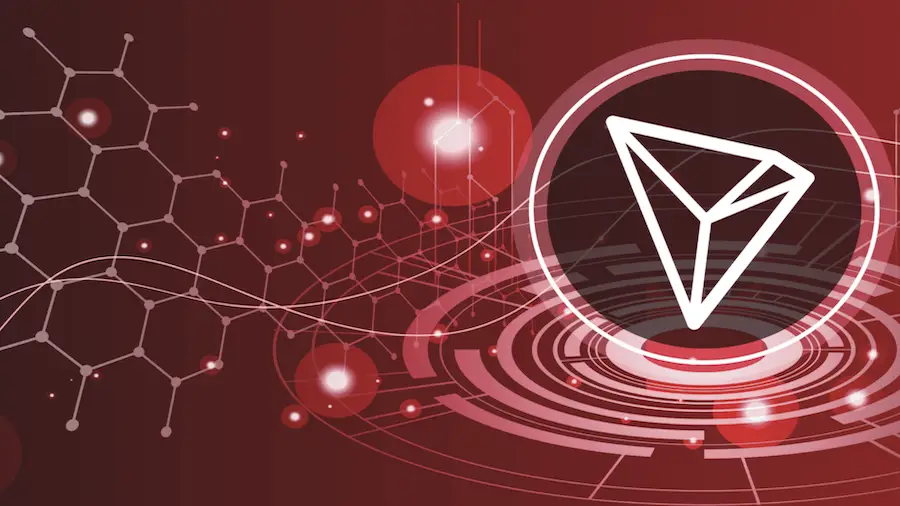Anemia in pregnancy is a common condition and occurs more frequently in the second and third quarters, and may be risks to both mother and baby. It occurs because, during pregnancy, the woman’s body significantly increases her demand for iron – an essential mineral for blood formation and oxygen transport.
The deficiency of this nutrient is common during this period and can pose risks to both the mother and the baby, so maparto nter a rich iron diet is critical to preventing health problems for both.
“Iron anemia in pregnancy can cause excessive tiredness, fall in immunity and increase the risk of premature birth. For the baby, it can compromise growth, birth weight and even cognitive development,” warns nutritionist Elaine Padua, a specialist in maternal and child nutrition.
What are the foods rich in iron?
There are two types of iron present in foods: Heme iron, found in sources of animal origin, has absorption rate between 15% to 35% in our body. And non -heme iron, present in plant foods, with more limited absorption, between 2% and 20%. The first, being more easily absorbed by the body, should be prioritized when possible.
The foods rich in heme iron are:
- Lean red meat, such as bovine liver;
- Chicken;
- Fish.
However, the last two have smaller quantities than the first item. “The better absorption of heme iron occurs because it is absorbed directly by intestinal cells by a specific mechanism, regardless of dietary inhibitory factors such as pitch or polyphenols,” explains Bruna Nunes Magesti, a nutritionist with clinical care for women.
For vegetarian pregnant women who consume little meat, it is important to invest in plant sources, such as:
- Bean;
- Lentil;
- Chickpea;
- Tofu;
- Spinach;
- Cabbage;
- Beet.
However, as the iron absorption of these foods is lower, the ideal is to combine them with vitamin C sources, such as orange, acerola, guava, strawberry and lemon, as this enhances nutrient absorption.
“In addition to the natural sources, iron is also present in enriched wheat and corn flour, a compulsory public health measure in Brazil since 2004 to help prevent anemia, especially in more vulnerable populations. However, this iron source is of non-heme type and does not replace the importance of meat and vegetable rich diet, nor the prescribed supplementation during prenatal care.”
Care for food help
Some habits may also interfere with iron absorption. Consumption of coffee, black tea and green tea right after meals can make it difficult to absorb non-heme. Therefore, experts recommend that these drinks be consumed away from the main meals.
The Ministry of Health recommends iron supplementation for all pregnant women from the 20th week of gestation, even without prior diagnosis of anemia, as a preventive measure. Supplementation should be done only with professional follow -up, as excess iron can also have side effects such as abdominal discomfort, nausea and vomiting. In more severe cases, it may also cause liver overload.
Was this content originally published in anemia in pregnancy? See which iron foods you should prioritize on the CNN Brazil website.
Source: CNN Brasil
I am an experienced journalist and writer with a career in the news industry. My focus is on covering Top News stories for World Stock Market, where I provide comprehensive analysis and commentary on markets around the world. I have expertise in writing both long-form articles and shorter pieces that deliver timely, relevant updates to readers.







